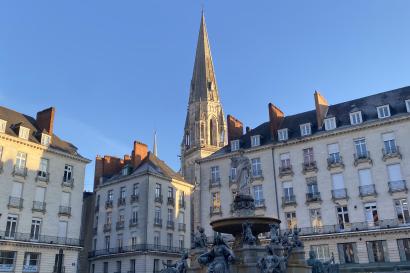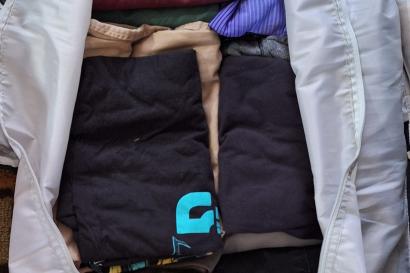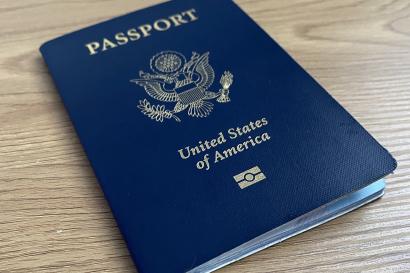I'm enamored by history. Which means I love stories, [her]stories, narratives, and gaining wisdom from those that are usually ignored or silenced by dominant discourses. February in the United States is Black History Month, and I have many a memory of my dad giving me history lessons on the importance of understanding the implications of the past and the struggles my ancestors faced. (Along with having me read The Autobiography of Malcolm X at the tender age of 11.) I knew the city of Nantes was heavily implicated in the transatlantic slave trade before arriving, but was surprised to learn that it was France's most active port, sending over 1,000 ships with over 550,000 captive Africans to its colonies in the Caribbean and the United States. This history and these figures have been in the back of my mind since arriving to Nantes, and have shaped the way I view myself and political positionality while studying abroad here. I have a habit of constantly questioning my surroundings, and often spend my time wondering who and where I would be if I was here only a few centuries ago.
Thus, with all of this in mind, I wondered if the IES administration or the classes I'm taking at the IES Abroad Center (mostly politics and French history) would do anything to give us a greater sense of Nantes' complicated past. I was pleasantly surprised-and relieved- that my French grammar professor placed a huge emphasis on making sure we knew both the good and bad of Nantes' history within our first couple of classes. She was very adamant about having us recognize that a large part of Nantes' economic stability stemmed from its heavy involvement in the Triangle Trade. She also planned an excursion for our class to go the Memorial de l'abolition d'esclavage together and discuss the implications of slavery, past and present. Going to the memorial was a powerful experience, and I'm unsure if I can describe exactly what I felt while reading the quotes of black political leaders and writers who have, in no exaggeration, shaped my identity and the ways I define myself.
The memorial is situated between the Anne-de-Bretagne bridge and the Victor-Schoelcher footway, the latter is named for a French writer and homme politique who helped create France's abolition society in 1834. Before entering the actual memorial, one must walk through a cobblestone pathway that holds 2,000 glass plaques which display the names of all the slave-trading ships that departed from Nantes' ports. I was both disgusted and unsurprised that the ships had names such as 'Glory,' or 'Honor,' and thought intensely about what types of ideas about 'humanity' and 'freedom' were considered normal at the time. The heart of the memorial is underground, and is filled with facts and figures that give an overview of the transatlantic-slave trade as well as key political declarations abolishing slavery. There are also a multitude of texts written by those affected by the slave trade, one can see writings from Fredrick Douglass to Frantz Fanon to Toni Morrison. Exiting the memorial didn't leave me with a sense that 'all is just' with myself or my identity here. If anything, I have even more questions about France's past and how I may or may not be implicated in it.

Chandra Dickey
<p>Chandra Dickey is a junior at Scripps College in Claremont, California studying Politics, International Relations, and History. She is really excited to journey to Nantes, as it is her first time out of the United States. While abroad she hopes to learn more about Nantes’ rich history, try a bunch of new foods and learn the many quirks of the French way of life. </p>








